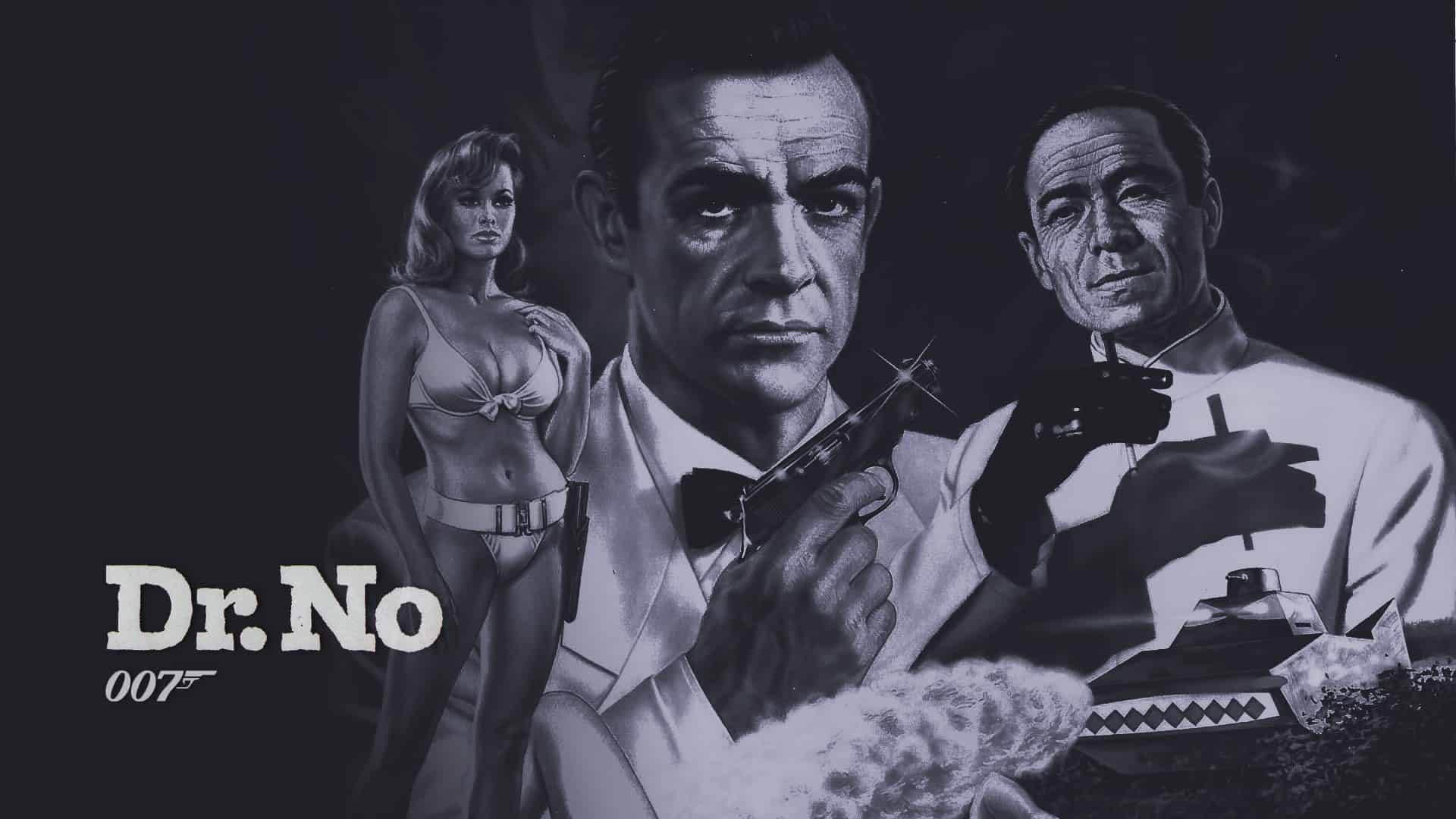The Killing, Season 3: Episodes 4 and 5 – “Head Shots” and “Scared and Running”
Directed by Michael Rymer (4) and Dan Attias (5)
Written by Dawn Prestwich and Nicole Yorkin (4) and Coleman Herbert (5)
Airs Sunday nights at 9 on AMC
Apologies for missing last week due to technical difficulties. As The Killing continues its third season, one thing is very clear: this is a much different show in many ways from its first two seasons. I’ve written in previous reviews how the lack of a fallout story dealing with grief has shifted the dynamic, since the Larsen family was such a huge part of what the show was trying to be in its first two years. I also expressed my reservations with regards do the storyline that has seemed to take its place – the one revolving mainly around the character Bullet and her orphan friends who hang around the slums of Seattle. In these past two episodes, I’ve been happy to see my worries be for naught as Bullet has been able to mostly avoid caricature and as some of the other characters have been given meaty material to work with, such as Lyric’s scenes of almost maternal instinct seemingly in spite of the life she’s been left to live. But since Bullet is our “in” for this part of the show and the city, it’s most relieving to see her tough-girl act exposed as something that the writers know is just that – an act. That’s not to say she’s not a tough character, because she absolutely is. It’s just that there’s a difference when a character is trying to be something and the show seems to be aware of that versus when the show is not aware.
And speaking of things that the show seems to be aware of, Linden and Holder are continuing to get fleshed out piece by piece. Some of that maybe isn’t executed as well as it could be (or it may be that the information isn’t all that interesting), such as Linden’s previous affair with her boss, but most of it is a welcome inclusion where it would have been very easy to keep using the same character beats over and over, running the danger of using up Holder’s inherent charm. Of course, this asks other questions about where some of this material is going. The worst decision there would be to use the sexuality that is being forced into Linden’s backstory as a means of making the Linden-Holder relationship anything other than platonic. However, I’d like to remain confident that the writers wouldn’t be so lazy as to do that. We get a scene in “Scared and Running” where Linden is surprised to see that Holder has some semblance of a romantic life, but that can just as easily be interpreted in a way that suggests Linden is taken aback that Holder – the only person who really seems to care about Linden and who is supposed to have her back and confide in her – is more than just the guy who sits next to her in the squad car. In any case, we can see the weight of the job weighing down on everyone here.
That weight extends to the prison guards who are taking shifts over on death row with Ray Seward. Becker’s wife is used to it at this point – that Becker comes home after those tough double-shifts and just doesn’t enjoy it much – and Henderson, who is just starting a family of his own, is beginning to see and understand it. While it’s kind of touching in some way to see Becker almost have a shred of happiness in his life, the scene ends up being much more worrying because of the situation Henderson has found himself in. Even Seward is able to connect with someone at the prison. As Henderson continues the daily routine, he’s becoming less and less connected to everyone and everything around him.
One of the more interesting aspects of Seward’s story as we’re seeing it evolve is the relationship characters have with the idea of forgiveness. Both Seward and fellow inmate Alton are told that their respective family members forgive them for the things they’ve done. And both Seward and Alton deal with this differently. Seward calls Alton out on how talkative he is being an indication that Alton is guilty, but just because someone doesn’t stew there like Seward doesn’t mean anything. When Alton comes back after talking with his siblings and tells Seward that they forgave him for murdering their parents, we see the loose bond between them strengthen. In some way, it feels like Seward admires how Alton is able to take that kind of information and process it. Alton is taken aback, to be sure, but he sits there and appears to be working out his feelings. Seward laughs in the face of his son’s caretaker – he won’t even put himself in the frame of mind to tackle any forgiveness that might be extended to him.
When looking at the structure of these episodes of The Killing, it feels like there’s another difference in how season three is playing out. While it still relies heavily on the cliffhanger as a device, there are fewer red herrings. I know that was a problem a lot of people had with the first two seasons – that there were too many red herrings – but without the reliance on that device as well, the cliffhangers are less evocative, less impressive and less interesting. In my review of the season three premiere, I made a point to say why the red herring was such a necessary part for this kind of narrative, and if The Killing is hoping to have any kind of powerful series of hooks, I feel like there needs to be some kind of return to that. The methodical nature of this kind of storytelling requires that kind of use (or, in some cases, overuse) of coincidence to move the plot either in another direction or a couple steps ahead. Without that, the pace becomes more of a burden.






